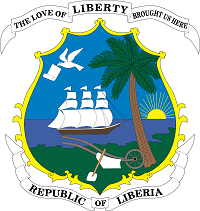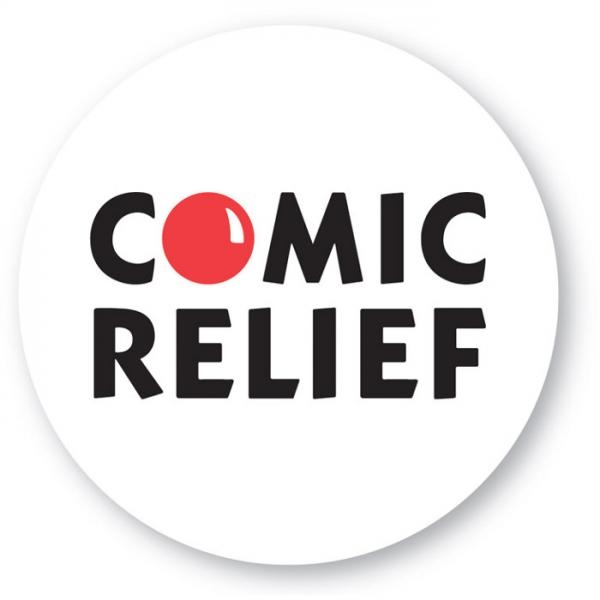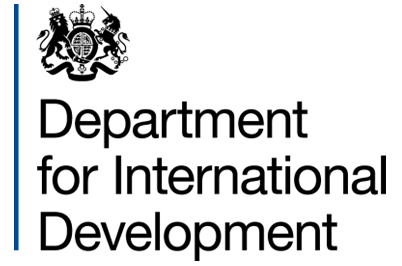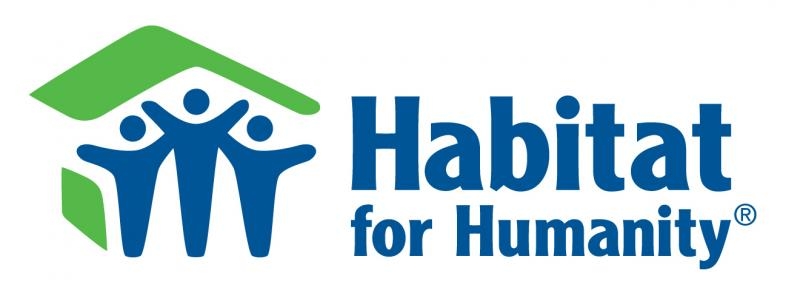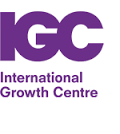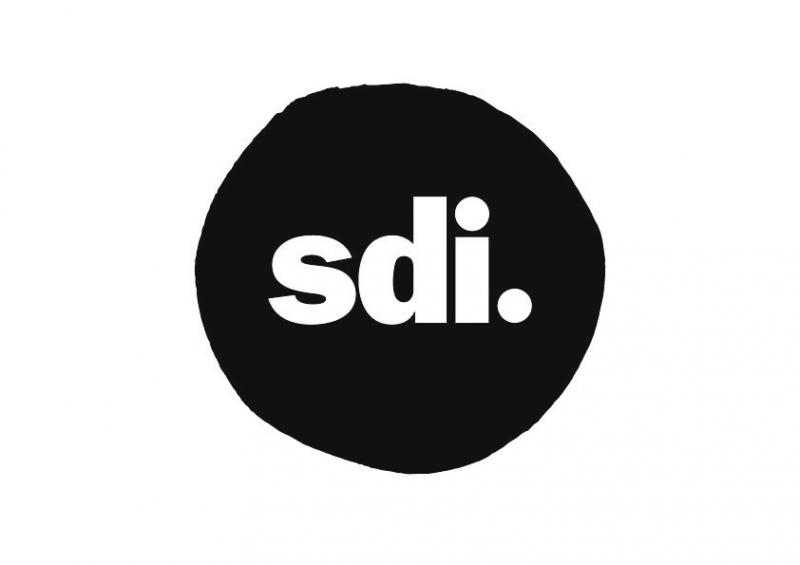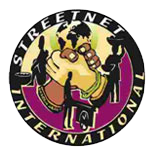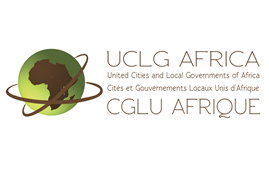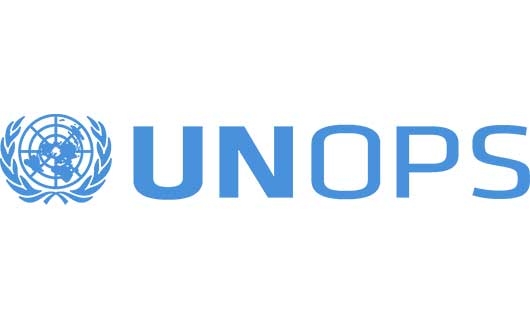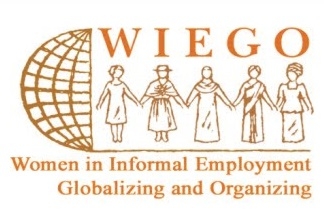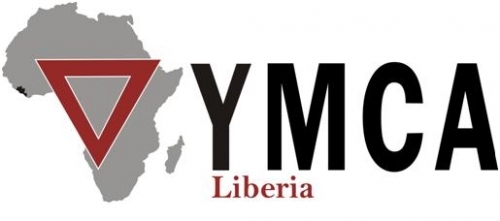To achieve its goals, the Country Programme adopts a three-pronged approach that aligns activities at the neighbourhood, municipal and national government levels. In our experience, this is essential to foster a more coherent urban agenda focused on inclusive, pro-poor cities and achieve the SDGs, notably SDG 11.
The neighbourhood level
The Country Programme focuses on the urban poor. It builds their capacity to participate in national policy process, ensuring that they are recognised as a credible, constructive and effective development partners. It does this through:
Community profiling and mapping
Like too many African cities, Monrovia suffers from a significant data deficit that impedes informed planning. The act of registering and enumerating all household structures and businesses is not only a tangible step in the process of local government recognition and the building of an active citizenship, but also helps evidence-based decision making.
In partnership with the YMCA, Slum Dwellers International has worked with communities in Greater Monrovia to profile over 84 slum settlements. In the process, it has mobilised 179 saving groups with 4,973 registered members and trained over 1,212 slum dwellers in the profiling and mapping of communities.
Enumeration trainees have learned how to collect data on their settlements using various techniques, including digital coding of structures and households, questionnaires, and GPS to capture boundaries and service points. Communities can share this data with local authorities when calling for improvements in their living conditions and in identifying priority interventions.
Launching a national Urban Poor Federation
These federations enable communities to organise around activities such as savings groups, enumeration, and mapping and have a platform for collective action.
Through the Country Programme, two national organisations to support the urban poor have been launched: The Federation of Liberia Urban Poor Savers (FOLUPS) and Federation of Petty Traders and Informal Workers Union of Liberia (FEPTIWUL). Both these institutions have established working relationships with local government, which uses the data collected by slum dwellers to address key issues in the city. City officials have come to recognise and value the federations as a medium for discussions between slum settlements/informal workers and the city government and township commissioners.
Supporting the informal economy, especially petty traders
Petty traders in Monrovia have long complained of police harassment and its impact on their ability to earn a living, and addressing this issue was a priority for members of the Cities Alliance active within the Country Programme. WIEGO has been working with FEPTIWUL to negotiate improved working conditions with the city and national police, Ministry of Internal Affairs, and local government authorities.
In 2018, Monrovia City Corporation, the Liberian National Police, and FEPTIWUL are finalising a formal agreement that stipulates a mapped area for traders to tend their stalls and trade without harassment. This agreement is a clear sign of a new and positive approach from the city authorities towards the petty traders, viewing them as contributors to the economy rather than nuisances to be managed and moved on.
Community Upgrading Fund (CUF)
The Community Upgrading Fund is a key instrument in Cities Alliance Country Programmes, which is effective in distributing financing to communities for small infrastructure projects – essentially quick wins that promote rapid, visible progress while larger policy debates on the urban poor and city development are taking place. Communities choose the projects based on data collected through settlement profiling activities.
Over the life of the Country Programme, up to 30-40 projects are expected to be funded. There are currently 10 projects underway, ranging from school expansions and renovations, community meeting halls with toilet facilities, water points to connect communities to the Liberia Water and Sanitation Corporation services for pipe-borne water, as well as construction and renovation of latrines.
The municipal level
The municipal level is where the greatest impact can be achieved in addressing urban poor issues and changing interaction between citizens and the municipality. The municipality is the community’s key partner in resolving problems and unleashing creative energy. Activities at this level include:
The city development strategy for Greater Monrovia and a citywide forum
The Country Programme will ensure the production of a city development strategy (CDS) for Greater Monrovia, providing a long-term and strategic framework for the city and its citizens. It is an essential process and instrument that provides clarity and certainty to citizens and investors alike.
Citizens are closely involved in the CDS through city forums, which serve as an important platform for all stakeholders – organised urban poor, local and national government, service providers and the private sector – to meet, exchange views, debate priorities and agree on common actions. For the urban poor, these forums are a vital opportunity to be involved in city investment strategies and settlement plans.
The first Greater Monrovia City Forum was convened in 2017, and it established a consensus on a city development strategy process for the metropolitan area. It is expected to be an annual event, with outcomes feeding into the National Urban Forum.
Capacity building training on urban management and planning
The Country Programme provides support to address the technical gaps in urban planning and other priorities within the Greater Monrovia administration. The approach is to work with public administration and education institutions in Liberia in partnership with good practices, specifically from Ghana and Mozambique where the Cities Alliance has been active for many years.
Support for an association of local government for Liberia
With support provided through the Country programme, the Association of Mayors and Local Government Authorities of Liberia (AMLOGAL) was officially established on February 6, 2017 and launched on 29 June 2017. AMLOGAL is an initiative of the Ministry of Internal Affairs, with support from United Cities and Local Governments of Africa and the Cities Alliance to support the Liberian government’s decentralisation programme. It provides training and capacity building to help prepare mayors and other local government officials to assume their new responsibilities under the draft Local Government Act.
The national level
Country Programme activities at the national and sub-national levels aim to help frame the vital enabling policy and planning environment that is essential for national development, part of which will be a resilient, inclusive urbanisation that benefits and recognises the urban poor. Activities include:
Establishment of a Slum Upgrading Unit within the National Housing Authority
A key goal of the Country Programme is to promote policies that support slum upgrading and affordable housing for low-income households. With guidance and advice provided by Habitat for Humanity through the Country Programme, the National Housing Authority established a Slum Upgrading Unit to guide work in slums, provide housing solutions to low-income families, and take the needs of the urban poor into consideration in national planning.
A National Urban Forum
Like its municipal-level counterpart, the National Urban Forum is the space for all urban stakeholders in Liberia – urban poor organisations, representatives of governmental and non-governmental institutions, academia, and the private sector, among others – to meet, discuss priorities, and develop a common vision for Liberia’s urban future. First launched in 2015, the National Urban Forum is providing a basis for the development of a National Urban Policy for Liberia, guided by UN-Habitat.
A Liberia National Urban Policy
A National Urban Policy is crucial to achieving inclusive economic growth and sustainable urban development. It defines a vision, guiding principles, and set of linked actions by national governments to realise the potential and to tackle the problems arising from rapid urbanisation. It is also a valuable tool to help a country implement the 2030 Agenda for Sustainable Development, and New Urban Agenda.
Through the Country Programme, UN-Habitat is facilitating the development of a National Urban Policy in partnership with the Ministry of Internal Affairs. The policy aims to integrate the urban economy into national development policies and help create the conditions for Liberia to achieve its long-term development goal of reaching middle-income status by 2030.
